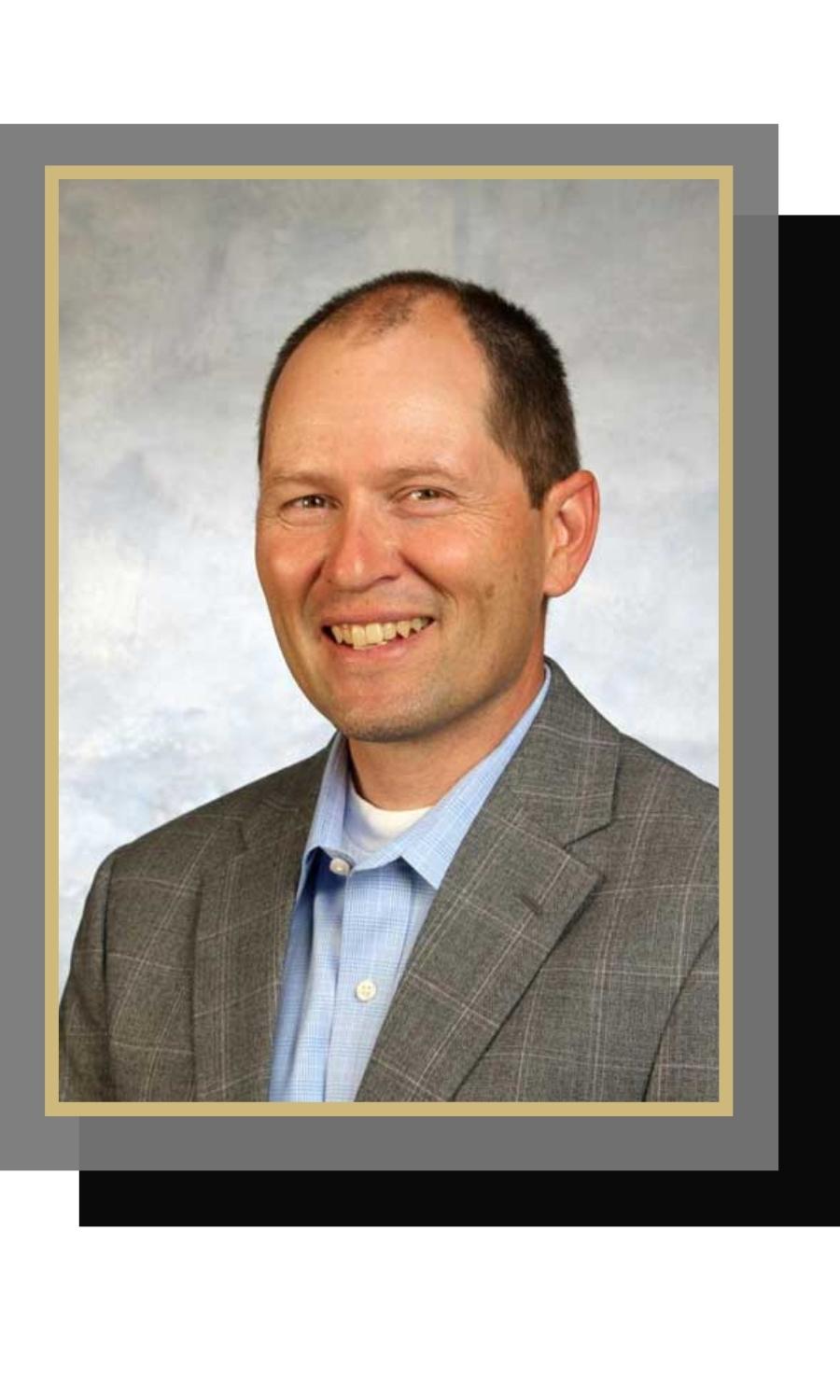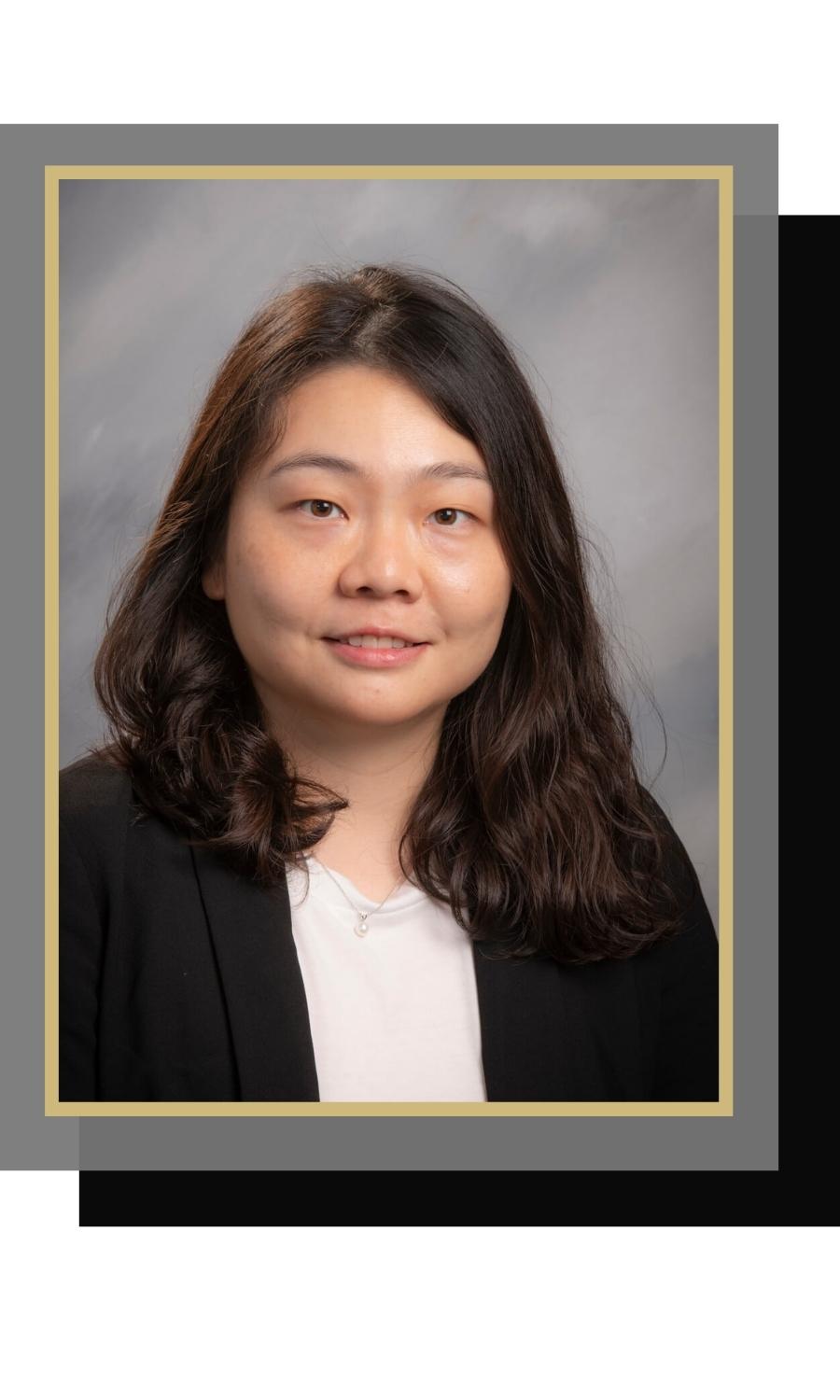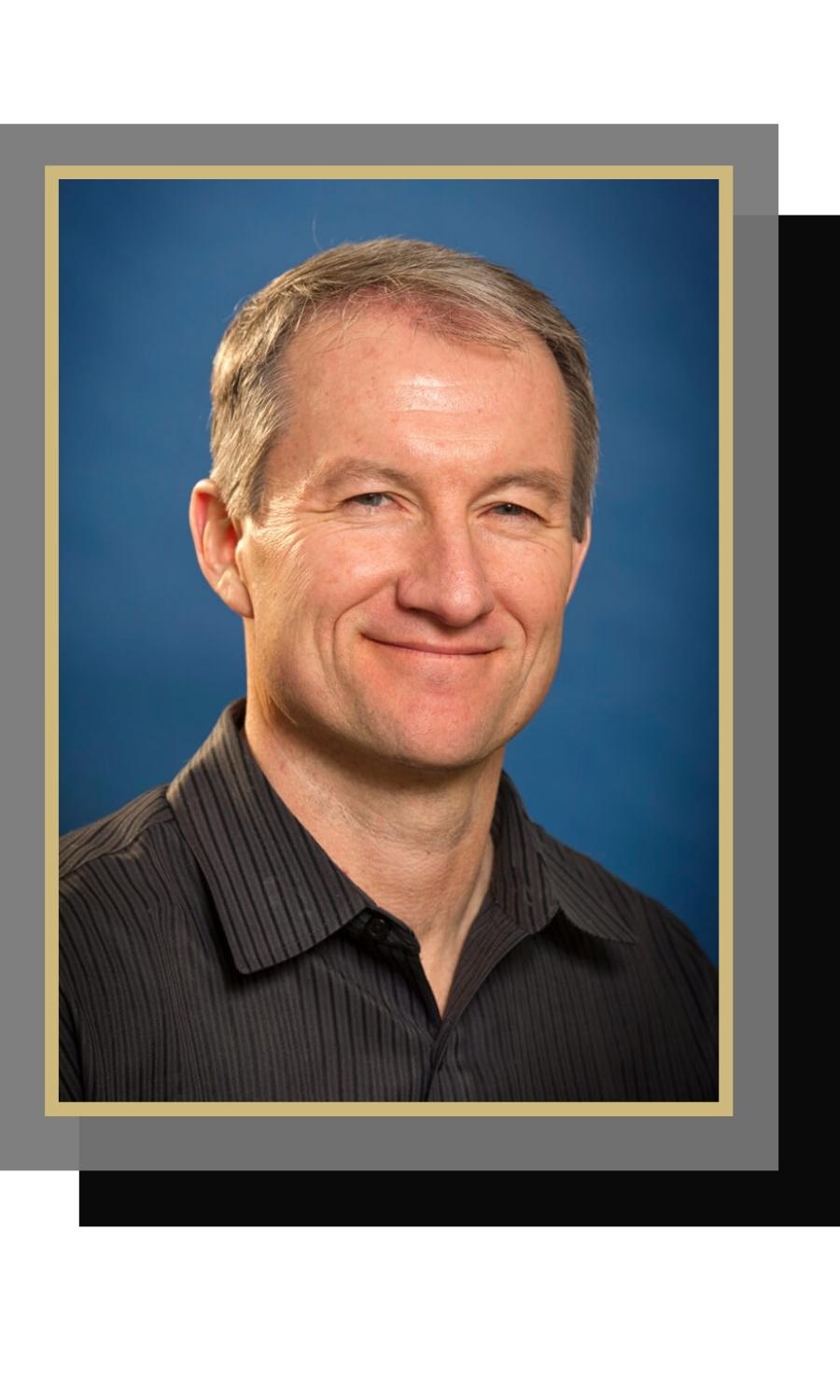
Statistical Support for Faculty
Statistical Support Hub: Pilot Program
Statistical inference is an essential tool by which researchers evaluate hypotheses, communicate results, and make data-informed decisions. Quantitative conclusions depend on research design, assumptions, data collection methods, analysis choice, interpretation, and data visualization decisions.
Are you a faculty member who wants guidance on sampling techniques, cleaning a dataset, analyzing data, drawing conclusions or presenting results to non-academic audiences? Are you writing a grant and want a biostatistician on your team? Do you want help getting started with statistical software? Do you need help conducting a power analysis?
As part of the UCCS strategic plan to improve research infrastructure, the Office of Research is pilot testing a Statistical Support Hub for faculty at UCCS.
What does the SS Hub provide?
Direct Project-Based Support
In partnership with Anschutz Medical Campus Cancer Center’s Biostatistics and Bioinformatics Shared Resource we are happy to bring project-based fee-for-service support for statistical consulting or grant collaborations to the UCCS research community. This includes when you need a statistician to include on your team for a grant proposal.
To request this support, please send an email inquiry to oor@uccs.edu. We will discuss scope of work, determine resources to pay for the support, and if approved, register your project together.
Eligibility for Direct Project Based Support
Faculty members (Tenure/Tenure Track and IRC) who conduct research and hold a full-time appointment (1.0 FTE) are eligible. No graduate or undergraduate students at this time.
Need Help Understanding SPSS?
Video tutorials
From t-tests, to regression, to correlations, to scale reliabilities check out these brief videos by Dustin Thoman to improve your SPSS skills.
Need SPSS on campus?
Find a computer with SPSS and AMOS here.
Need Help Understanding SAS?
Video tutorials
From chi-square, to goodness of fit, to ANOVAs and regressions, check out these brief videos by Christopher Carbone
Need Help Understanding R?
Video Tutorials
From creating data tables to correlations to data graphics, learn how to generate code with these brief videos by Anthony Damico
Need Help Understanding STATA?
Video Tutorials
STATA maintains a YouTube channel with examples of basic models and data presentation.
Chuck Huber from StataCorp narrates most of these videos!
Gain access to Videos and Software
Video Tutorials:
Check out this SmartPLS4 series on YouTube: https://www.youtube.com/playlist?list=PLb7vm6tsQ3Kv4YWhYNkP7DizqOjT7ubSX
Handbooks:
Hair, J. F., Hult, G. T. M., Ringle, C. M., & Sarstedt, M. (2022). A Primer on Partial Least Squares Structural Equation Modeling (PLS-SEM), 3rd ed. Thousand Oaks, CA: Sage. Access it for free from the UCCS library!
Hair, J. F., Risher, J. J., Sarstedt, M., & Ringle, C. M. (2019). When to use and how to report the results of PLS-SEM. European Business Review, 31(1), 2-24. https://doi.org/10.1108/EBR-11-2018-0203
Resources
FAQ
Frequently asked statistical questions (with answers!) by UCLA Office of Advanced Research Computing Statistical Methods and Data Analytics
https://stats.oarc.ucla.edu/other/mult-pkg/faq/
Data Visualization
Statistical Short Courses
Include attending a stats camp in your next CRCW or faculty travel award application or considering writing the cost into your next grant proposal to support you and your students!
Here are just a few options to get you started (both virtual and in-person options).
The UCCS Quantitative Faculty Advisor Consortium
Do you want an on-campus statistical expert to discuss your methods and data ideas and needs?
The following Quantitative Faculty Advisors are willing to meet with faculty (no undergraduate or graduate students at this time please) for a one time 60 minute discussion to give advice and help you become an independent data analyst.
If you require more than a one-hour deep-dive discussion please instead inquire about direct project-based support.
Faculty
Grant Clayton

Specializes in econometrics, longitudinal data, presentation of data to non-technical audiences, research design, quasi-experimental methods, predictive analytics with institutionally collected datasets (e.g. University Institutional Research, Colorado Department of Higher Education)
Hana Kang

Specializes in hierarchical linear modeling, latent variable modeling, and educational measurement (e.g., item response theory and classical test theory) for analyzing large-scale data.
Lei “Frank" Zhang

Specializes in descriptive statistics, graphical data presentation, data reduction and latent variable techniques (such as factor analysis, cluster analysis, and latent class), regression and other general linear models for causal analysis (such as propensity-score matching).
Joe Taylor

Specializes in psychometrics (e.g., determining if a survey is valid or reliable), multilevel modeling (e.g., when there is a correlation between your observations for example data from several classrooms within a given school), power analysis, and meta-analysis.
Bernard Ricca

Specializes in longitudinal data and design of longitudinal studies, network analyses, and nonlinear, Bayesian, and nonparametric methods.
Program Continuance
The statistical support hub is dependent on funding availability and is not a guaranteed source of funding. The Vice Provost for Research will do everything possible to ensure funding remains available and this valuable resource remains available for our faculty. Every three years, the program will be evaluated to determine use, impact, and budget sustainability.